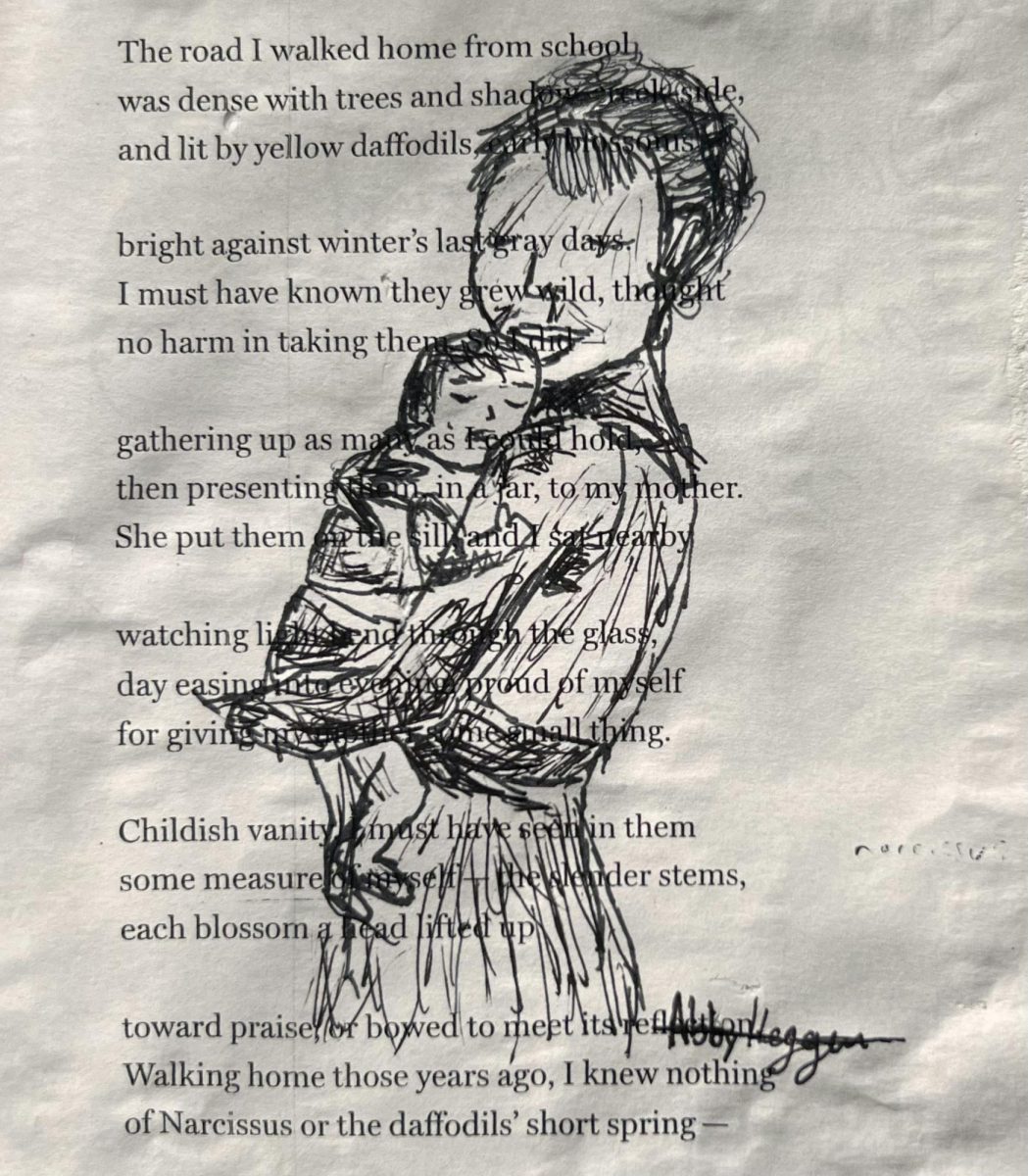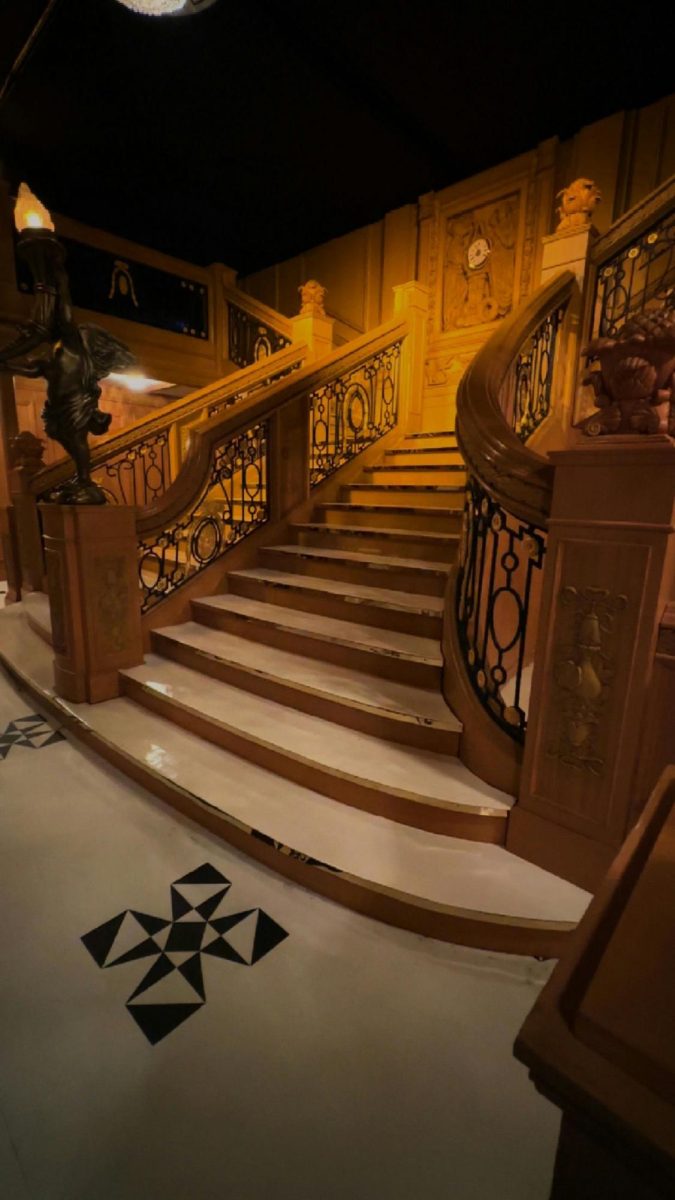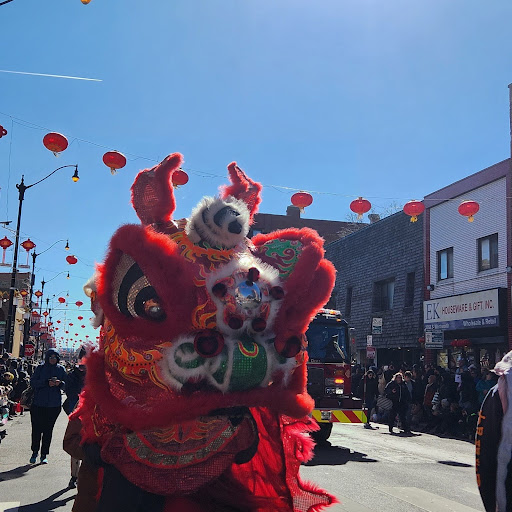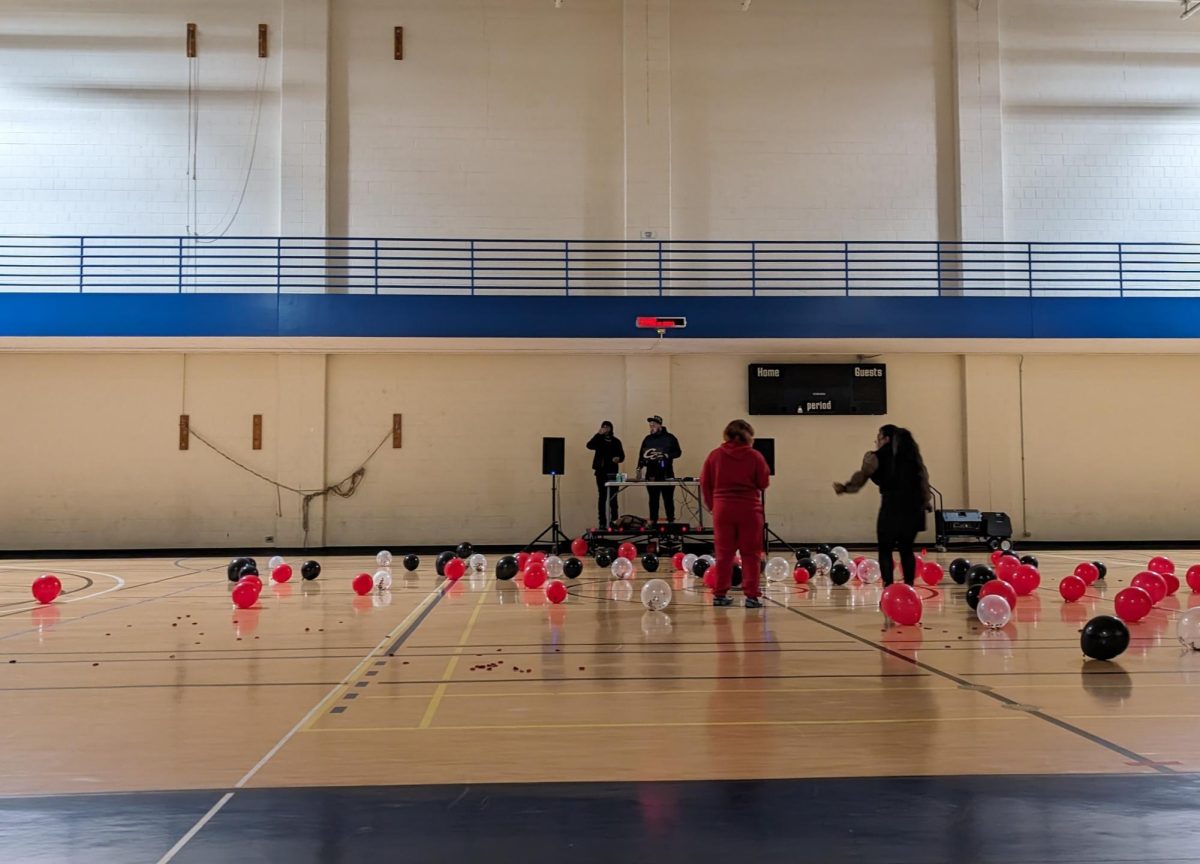On Thursday, Feb. 1, 2024, NEIU’s Office of International Programs (OIP) hosted an orientation session for domestic students to learn all the necessary details of the Buddy Program (BP). The BP is an additional support system developed by Dr. Cris Toffolo, Interim Director of International Programs, Michael Nance, J-1 Coordinator and Coordinator of Partnerships and Student Exchanges, and Mary Green, F-1 Program Coordinator, that gives international students the opportunities to learn about local Chicago culture by domestic students who have resided here for at least one semester.
The orientation began with a warm welcome from Nance, who presented information that would help domestic students meet and exchange pleasantries with international students. The purpose of pairing buddies up is “to assist new international and exchange students make a smooth transition at NEIU and American culture,” Nance said.
A few benefits of signing up for the BP are developing international networking skills and learning worldly and cultural knowledge from other students, according to Nance. In particular, domestic students are to inform international students of university resources, U.S. culture, oddities, customs, traditions, and local spots in the urban landscape. The BP “makes you a cultural ambassador,” Nance told the participating domestic students.
“I was very much in favor of [BP] because I was part of a buddy program when I studied abroad, and I saw the value of it, so that knowing firsthand how great of an experience that could be was what motivated me to put the time in to get this going,” Nance said.
Nance gave a briefing about the two types of visas that international and exchange students have at NEIU. An F-1 Visa allows students to stay in the United States for the full duration of studies at NEIU until a Bachelor’s, Master’s, or Intensive English Program has been completed. A J-1 Visa allows students to stay in the United States for a single semester or an entire year as a component of their degrees in their home countries. All F-1 and J-1 Visa holders must be enrolled full-time unless OIP makes explicit exceptions for them, and they are only authorized to work on-campus unless OIP authorizes off-campus work opportunities.
In order to accommodate international students, it is important to have soft skills, such as “active listening abilities in cross-cultural communication, cultural awareness, sensitivity, the ability to set boundaries, self-advocacy and empathy,” Nance said, “Empathy is perhaps the most important one because if you have empathy, a lot of the rest of it will come into place.”
Being empathetic to other cultures is having an understanding of another person’s culture beyond the surface, according to Nance. “Empathy is putting yourself in somebody’s shoes and sympathy is feeling bad for somebody,” said one vocal audience member that Nance called on. In other words, delivering empathy to other people is a proactive approach to understanding the nuances of another culture, while delivering sympathy is a reactive approach of feeling compassion or pity towards a person’s hardships.
According to Nance’s presentation, food, language, music, dance, attire, visual arts and crafts, and sports are considered surface culture. However, deep culture includes mannerisms and subtleties like courtesy, conversational patterns, differences of respect for elders, rules of conduct, body language, touching, courtship practices, cleanliness, gender, age, sex, class, occupation, and kinship roles, and the concept of self, past, future, and obscenity, as mentioned during Nance’s BP orientation presentation. Some of these aspects are unspoken rules, while others are unconscious rules.
“Oftentimes just showing your buddy that you’re there, that you’re present, and you’re listening to them, oftentimes that can go a long way,” Nance said. “It’ll show them that you’re not trying to be mean or bothering or distancing or whatever, but actually you’re trying to engage with them and it helps them not feel as alone or as threatened.”
Tips for preventing miscommunication include “practic[ing] active listening which is not just listening, but really engaging with what it is that they’re saying, and use I-Statements because at the end of the day as much as we might think we know what’s going on in other people’s minds or feelings,” Nance said. “At the end of the day, we don’t know with 100% certainty.” In other words, to avoid or mitigate conflicts, the advice has been to listen, and use “I” statements when speaking instead of “you” statements as a way to show empathy. When confrontations happen, “asking is always good, granted if they’re upset they might get frustrated that you don’t know what it is that you did to offend them, but asking is a start,” Nance said.
“In arguments. a lot of times it reduces down to ‘you’re mean, you did this to me, you this, you that, you this, you that,’ because you can’t actually know for 100% sure,” Nance said. “And You-Statements are very accusatory, putting it on the other person, it’s the other person’s fault, it’s your fault, [so] use I-Statements.”
Nance’s examples of You-Statements include “‘you hurt my feelings,’ [or] ‘when you don’t listen to me.’” Instead, Nance urges students to “try ‘I feel disrespected’ [or] ‘when I don’t think I’m being listened to’ or ‘I’m sorry’ [or] ‘I don’t understand what is happening right now, but I want to.’”
Another facet for domestic students to understand is the ups and downs of culture shock for international students who usually experience cycles of emotional states called the honeymoon stage, uncertainty and doubt stage, adaptation stage, and the acceptance stage. For example, if an international student feels homesick, it may be helpful to take a trip to one of Chicago’s numerous cultural centers, like Dank Haus on Western for German students or Hare Krishna temple on Lunt for Indian students, as a way to alleviate the homesickness. Both institutions are relatively close to NEIU’s main campus.
The criteria for students to take part in the BP are to have completed a full semester of studies at NEIU and agree to reach out to the assigned international buddy(s), participate in team-building activities on February 8 at Campus Recreation, plan an off-campus activity with the buddy(s), and keep in touch for the duration of the semester. Once agreed upon, new international friendships and cross-cultural exchanges may commence among domestic and international students. A few vital acknowledgments made to domestic students were to schedule activities and maintain confidentiality.
On Feb. 2, 2024, Nance paired up international and domestic buddies in pairs or groups. Then, the buddies were able to reach out to each other to become acquainted with one another.
Students were encouraged to plan fun activities with their buddies off-campus, explore the city of Chicago, and engage in meaningful cultural exchanges. The chosen off-campus activities are at the discretion of the buddies to discuss and follow through on. Students were smiling and cheering as they thought about fun activities to do in Chicago’s urban landscape when encouraged to explore the fantastic opportunities that the city of Chicago has to offer.







